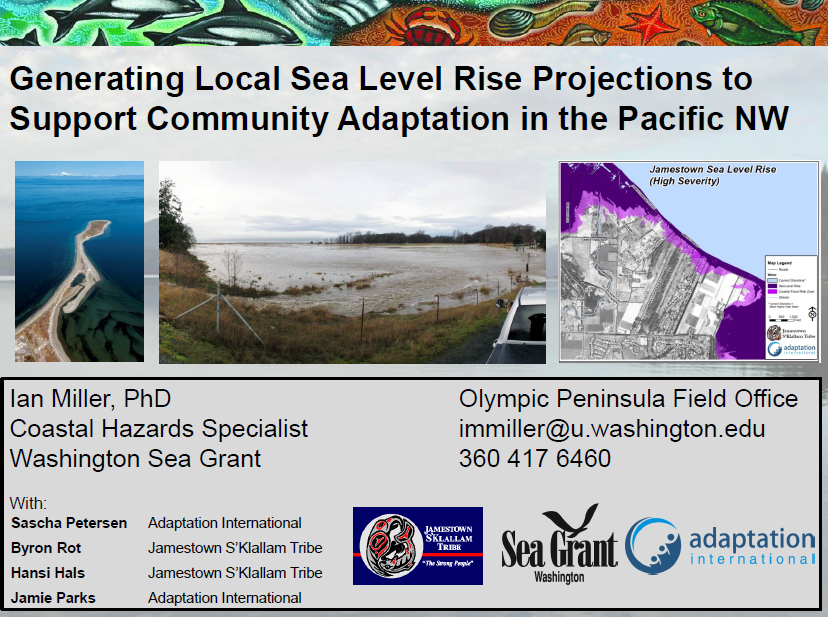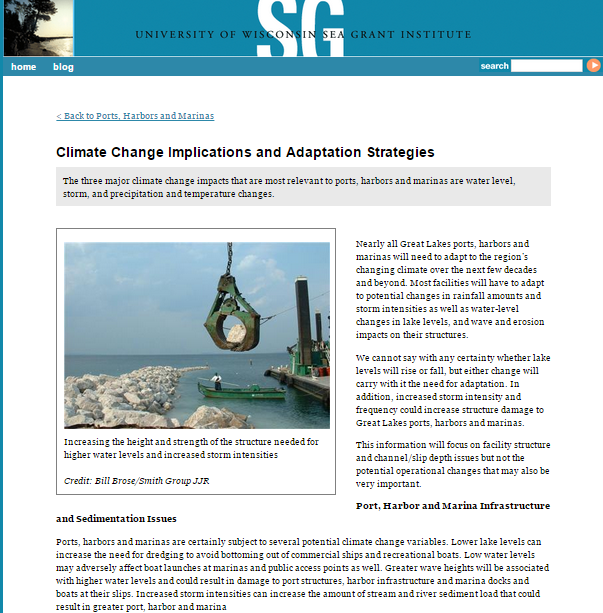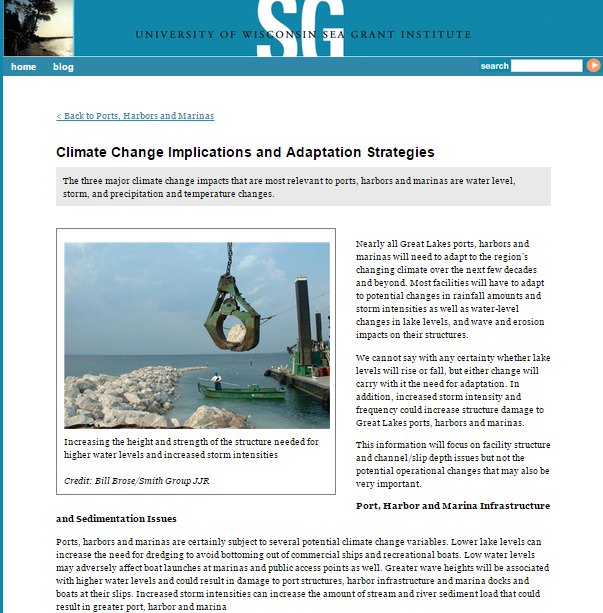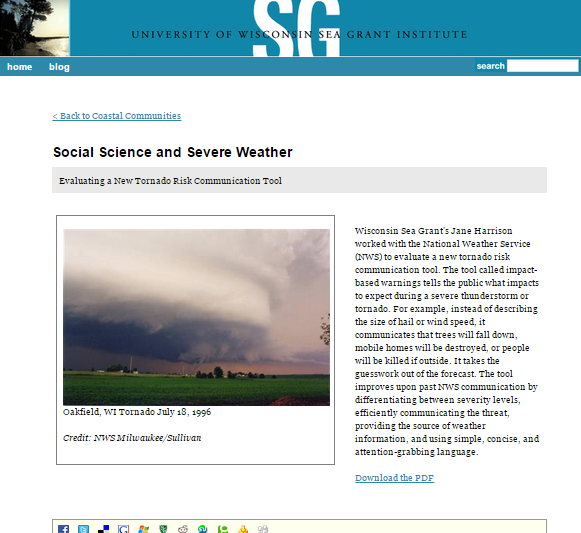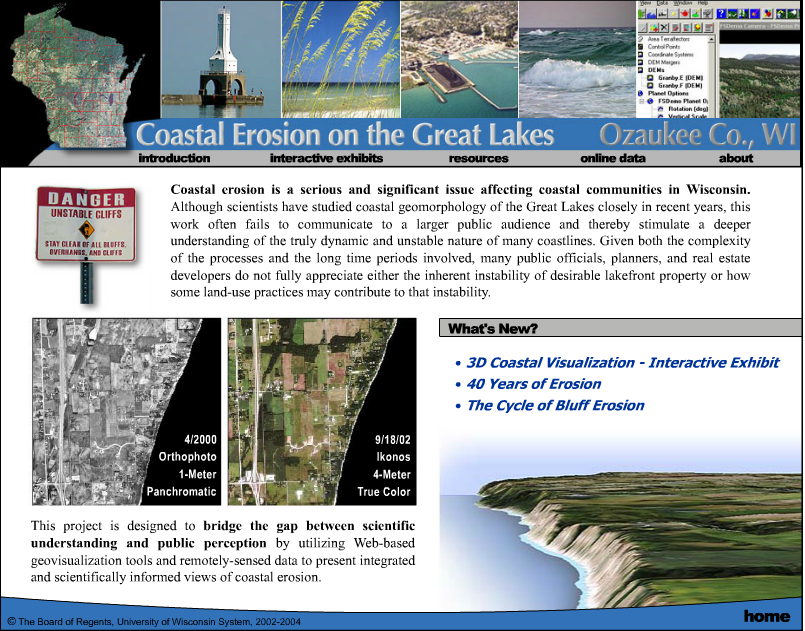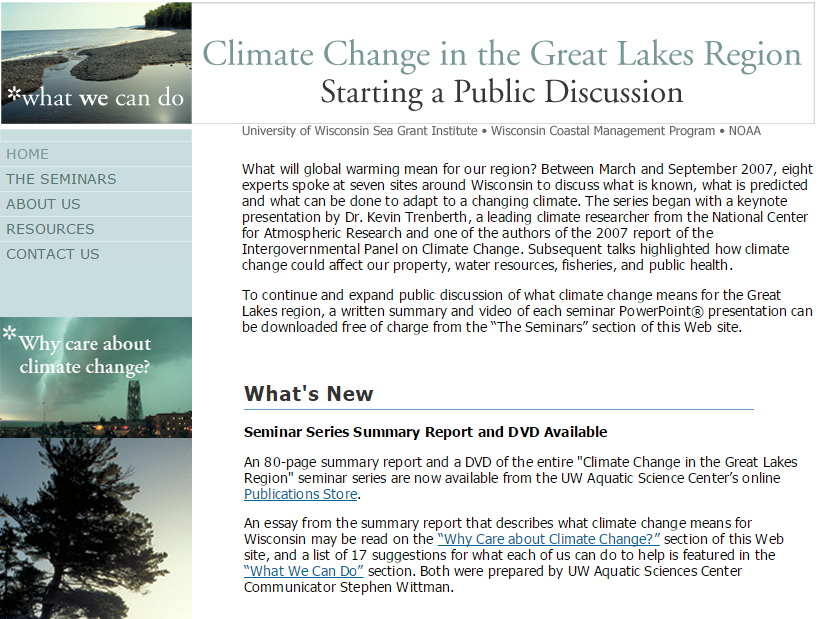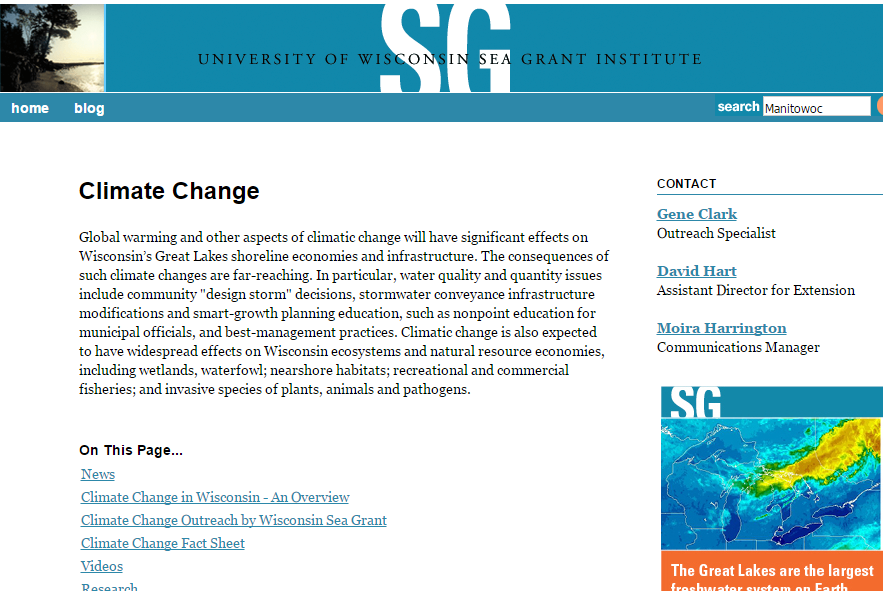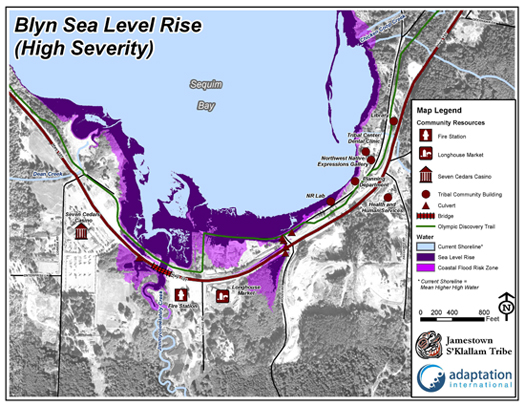Landslide Response Support
After the March 2014 Oso landslide, Washington Sea Grant communications staff volunteered at the site to provide communications support during disaster response. After the 2013 Whidbey Island landslide, a Washington Sea Grant-installed camera monitored continuing land movement.
Landslide Response Support Read More>


